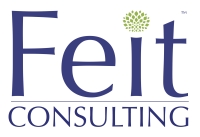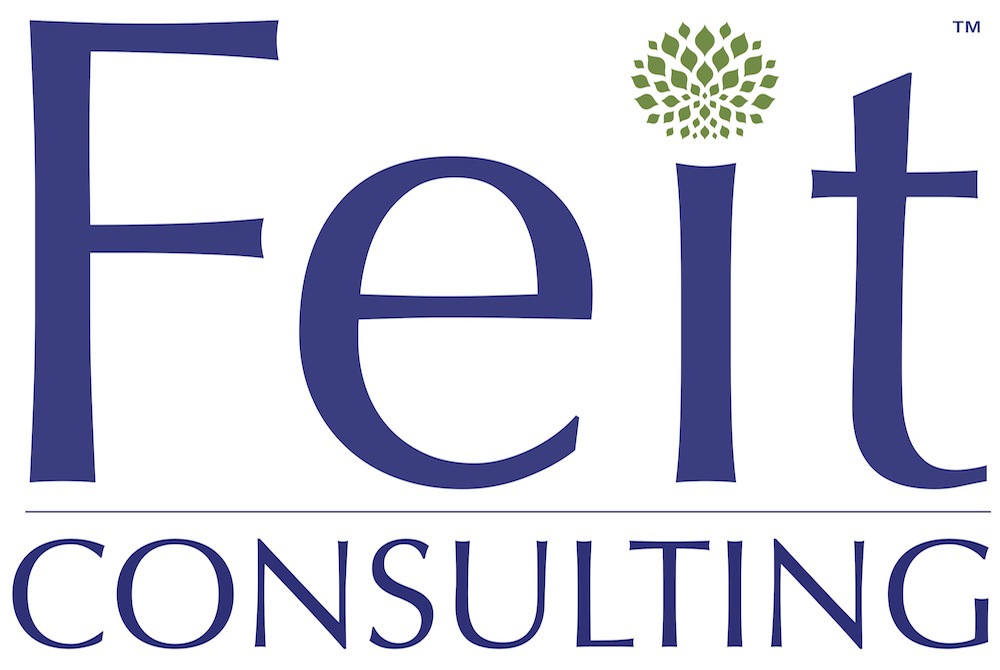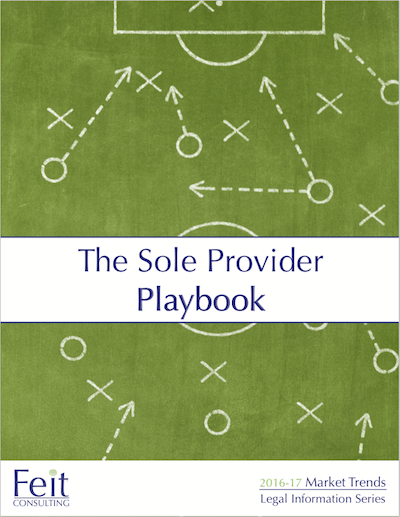
Tough Choices: Navigating Difficult Decisions in the Legal Information Market
By Michael Feit | Contract Negotiations , Sole Provider , White Papers
Achieving optimal results in legal information management and costs requires tough decisions. The decisions may be small, as to which content or products to keep, or grand, like the consideration of eliminating or flipping a vendor.
When a library audit is completed, it may become apparent that retaining a resource that is rarely used is not worth the costs. However, on the flip side this could upset the 1 or 2 people who do utilize it. If deleted, an alternative option may be as simple as a different product, or it could be more time spent by accessing a local law library.
Another difficult choice is the decision of whether to eliminate Lexis or Westlaw (for firms who currently retain both) or to flip to the alternative (for firms who currently retain only Lexis or only Westlaw). In either instance, this is a complex change-management process. The downsides include a lengthy process from start to finish, the amount of time necessary within the process by key personnel to execute, and the general adversity by many towards change. The upsides: the process forces a firm to really review each and every resource–how they are used and the value they bring, substantial savings with available funds to purchase more complementary resources, and price correction. To correct the pricing path your firm has been on, the firm might need to eliminate a vendor for a short period of time or indefinitely. If your firm has been with a vendor for a while, flipping to a new vendor may present the best outcome.
Feit Consulting’s Legal Information Market Trends Series addresses the questions and concerns facing law firm administrators. Each report is a tool that offers guidance and insight with supporting data from interviews and/or surveys. Learn more about these tools here.






